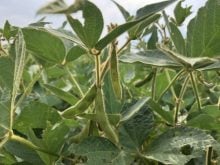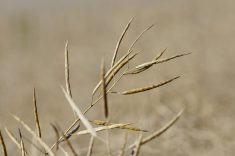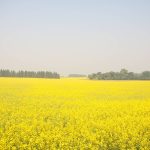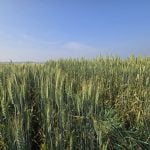On the market since last summer, BASF’s herbicide-tolerant, non-GMO Clearfield canola business in Canada and the U.S. has landed at the door of Corteva Agriscience.
Corteva, the merged seed and chemical business of Dow and DuPont, announced Wednesday it has closed a deal to buy the Clearfield system, including its herbicide-tolerant canola trait and related imidazolinone herbicide chemistry, for an undisclosed sum.
German chemical giant BASF had been seeking a buyer since June 2018 for the Clearfield business, as a condition for Canadian regulatory approval of BASF’s separate deal for Bayer CropScience’s LibertyLink system.
Read Also
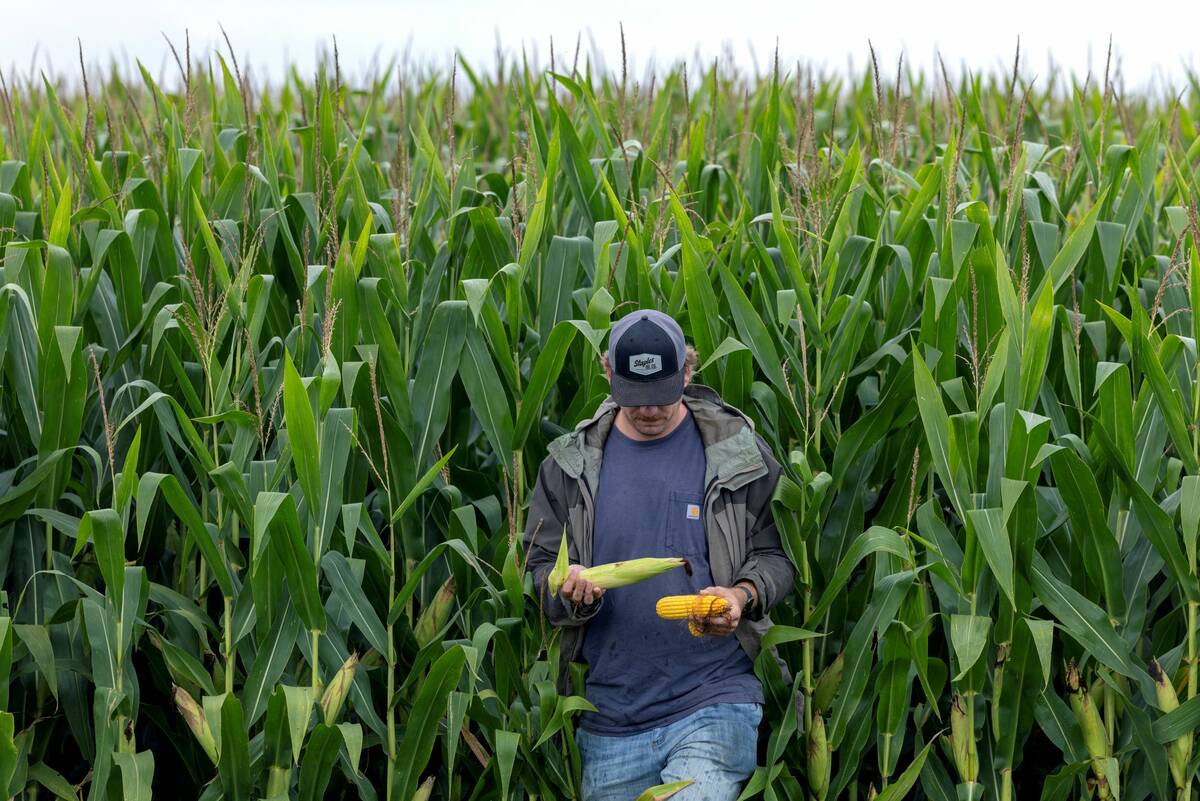
The U.S. corn crop could be the biggest ever. That’s terrible news for America’s farmers.
The USDA predicts a record corn crop for U.S. farmers, who question the agency’s accuracy amidst high debt and low crop prices.
“This bolt-on acquisition strengthens Corteva Agriscience’s already established position in Clearfield canola seeds and traits and positions us well to deliver a holistic trait and herbicide solution to growers,” Rajan Gajaria, Corteva’s executive vice-president of business platforms, said in a release.
Corteva had previously licensed the Clearfield trait for use in both its Pioneer and Brevant (formerly Nexera) seed brands. The company said Wednesday this deal will allow it to expand its position to include outlicensing of the Clearfield trait to other seed companies in both Canada and the U.S.
The deal also gives Corteva the Clearfield system’s imazamox/imazapyr herbicides, which BASF has sold under the brand name Ares, and its imazamox herbicides sold under the Tensile brand in Canada.
Thus, Corteva said, it gets “the full canola system to offer to its customers and potential licensee partners in these important markets.”
Unlike the LibertyLink system, which now goes to BASF, and the Roundup Ready herbicide-tolerant traits now owned by Bayer, Clearfield canolas are considered non-GMO.
However, Clearfield is known to command only a fraction of the herbicide-tolerant canola seed market share held by the other two systems.
As BASF said Wednesday in a separate statement, its divestment of the Clearfield system is in response to the consent agreement it entered “to eliminate any potential concerns of the Canadian Competition Bureau” regarding BASF’s LibertyLink deal last summer.
BASF’s deal for LibertyLink business — which itself stemmed from Bayer’s takeover of Monsanto in early June — “would have substantially lessened or prevented competition in the supply of canola seeds and traits by reducing rivalry between the LibertyLink and Clearfield trait systems,” the Competition Bureau said at the time.
Farmers, the bureau said last summer, would likely see the “loss in rivalry” translate to higher canola seed prices, higher canola herbicide prices and “increased payments related to the use of Clearfield intellectual property.”
The bureau had said it was also concerned BASF’s acquisition of LibertyLink would have “blunted” seed companies’ incentive to keep investing in breeding Clearfield canolas, resulting in “a loss of choice for growers.”
The bureau’s agreement with BASF was “necessary to protect competition and innovation in this important industry following Bayer’s recent acquisition of Monsanto,” interim commissioner of competition Matthew Boswell said at the time in a release. — Glacier FarmMedia Network





